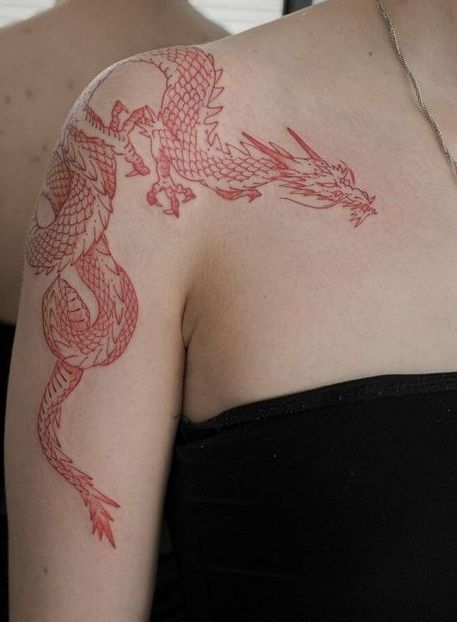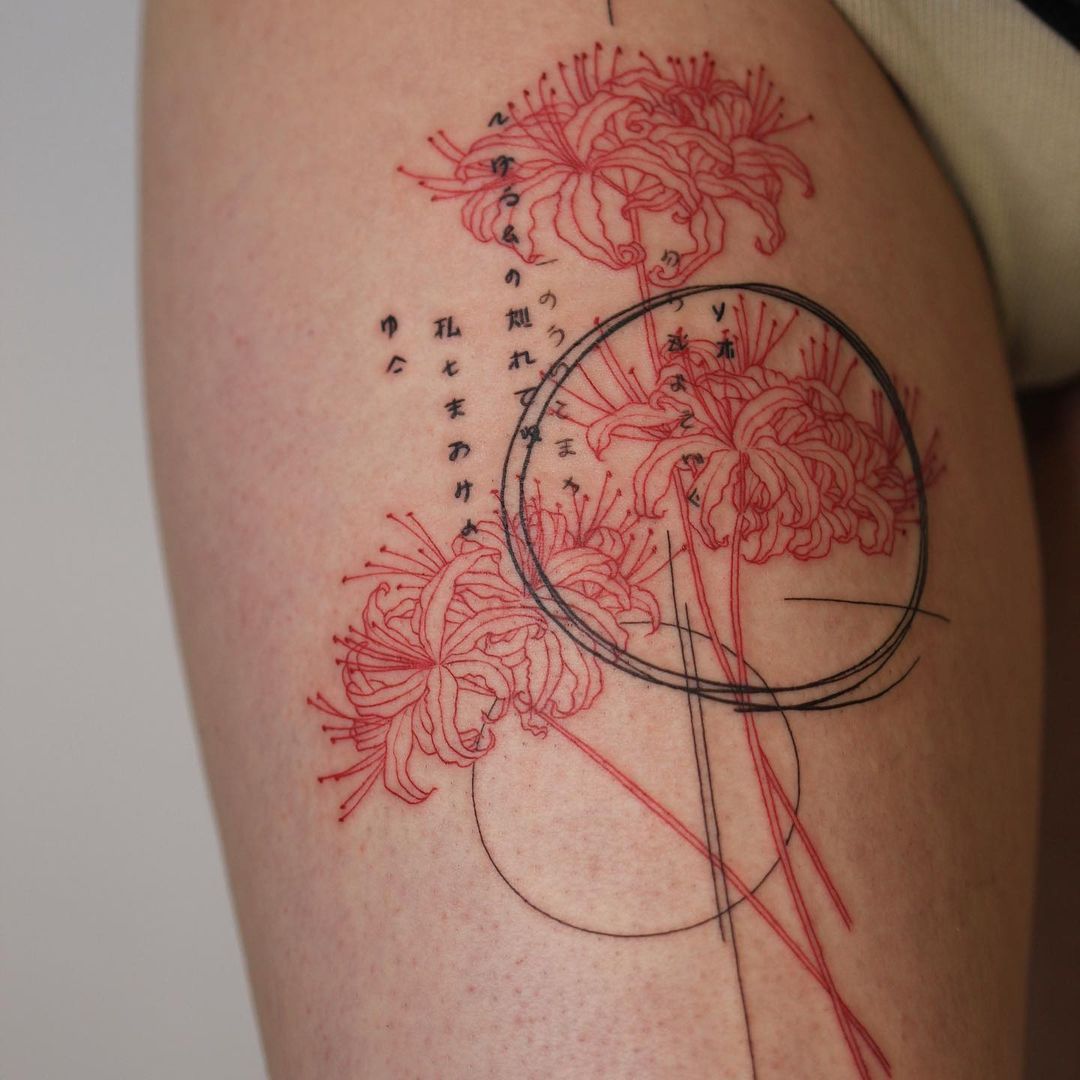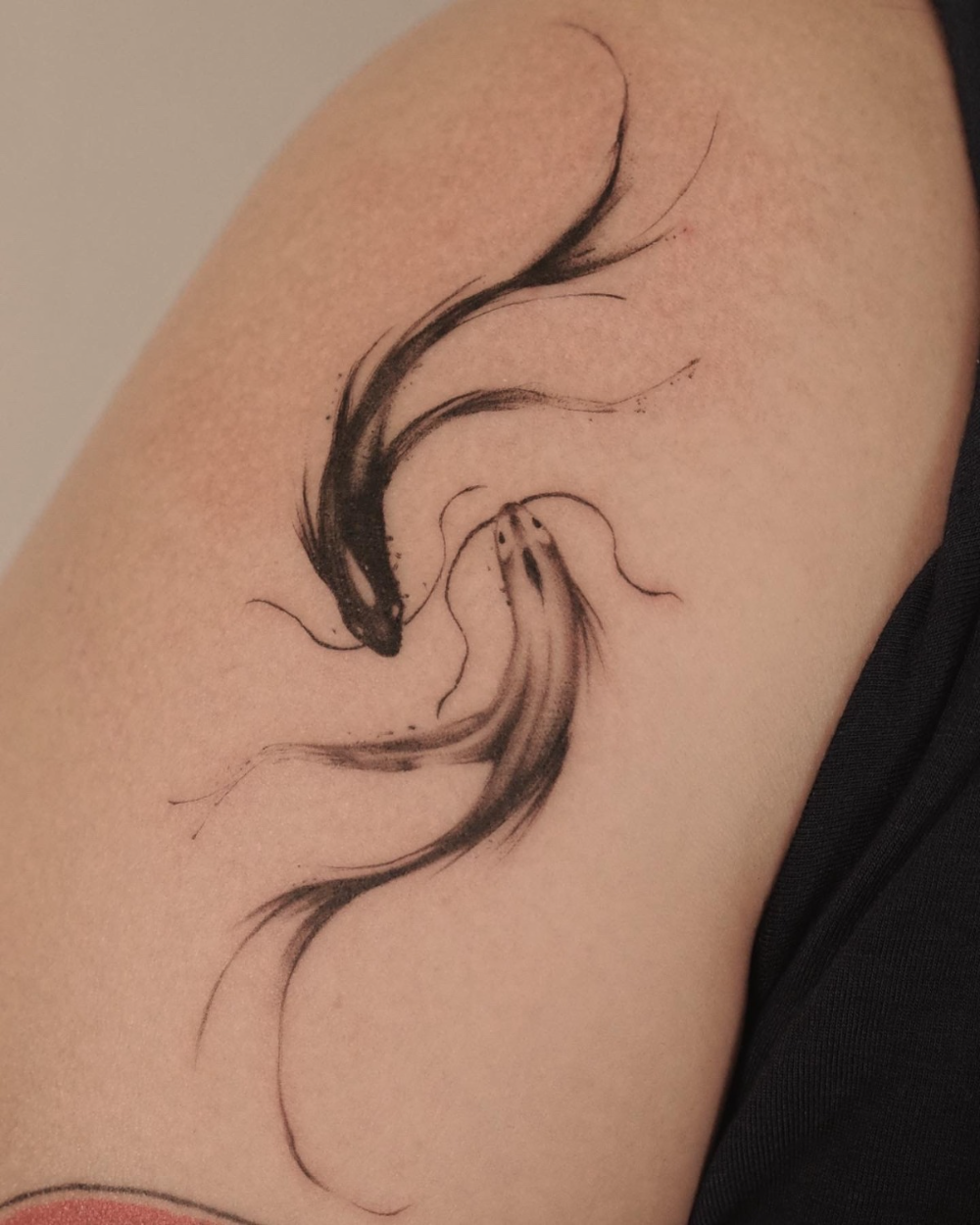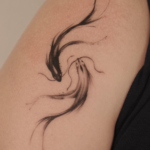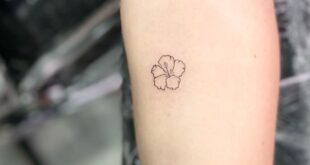Tattoos have been a prominent form of body art for centuries, with different cultures around the world embracing the practice as a way to express individuality and personal beliefs. In recent years, Japanese tattoo art has gained international popularity for its intricate designs and rich cultural history.
Japanese tattoo art, also known as irezumi, has a long and storied tradition dating back to the Edo period in Japan. During this time, tattoos were used as a form of punishment for criminals, but eventually evolved into a form of art used to tell the stories of warriors, heroes, and mythical creatures.
One of the most iconic images in Japanese tattoo art is the koi fish, which symbolizes strength, determination, and perseverance. The koi fish is often depicted swimming upstream, overcoming obstacles in its path, making it a popular choice for those seeking a symbol of resilience and determination.
Another popular image in Japanese tattoo art is the cherry blossom, which represents the fleeting nature of life and the beauty that can be found in impermanence. The cherry blossom is a symbol of renewal and new beginnings, making it a popular choice for those looking for a fresh start or a reminder to embrace change.
Dragons are also a common motif in Japanese tattoo art, symbolizing power, strength, and protection. In Japanese folklore, dragons are revered as wise and benevolent creatures, and are often depicted in vibrant colors and intricate designs.
In recent years, Japanese tattoo art has become a global phenomenon, with artists from around the world incorporating traditional Japanese techniques and imagery into their own work. Many people choose to get Japanese tattoos as a way to pay homage to the rich cultural heritage of Japan, or simply as a way to express their own personal style and beliefs.
While Japanese tattoo art is undeniably beautiful and meaningful, it is important to be aware of the cultural significance and history behind the designs. In Japan, tattoos are still often associated with criminal activity and the yakuza, or Japanese mafia, which can lead to discrimination or prejudice against those with visible tattoos.
Despite these challenges, Japanese tattoo art continues to inspire and captivate people around the world with its intricate designs, rich cultural history, and powerful symbolism. Whether you choose to get a Japanese tattoo as a way to connect with the past, express your own personal beliefs, or simply as a form of self-expression, there is no denying the beauty and significance of this ancient art form.
 innstyled Tattoo Ideas
innstyled Tattoo Ideas
